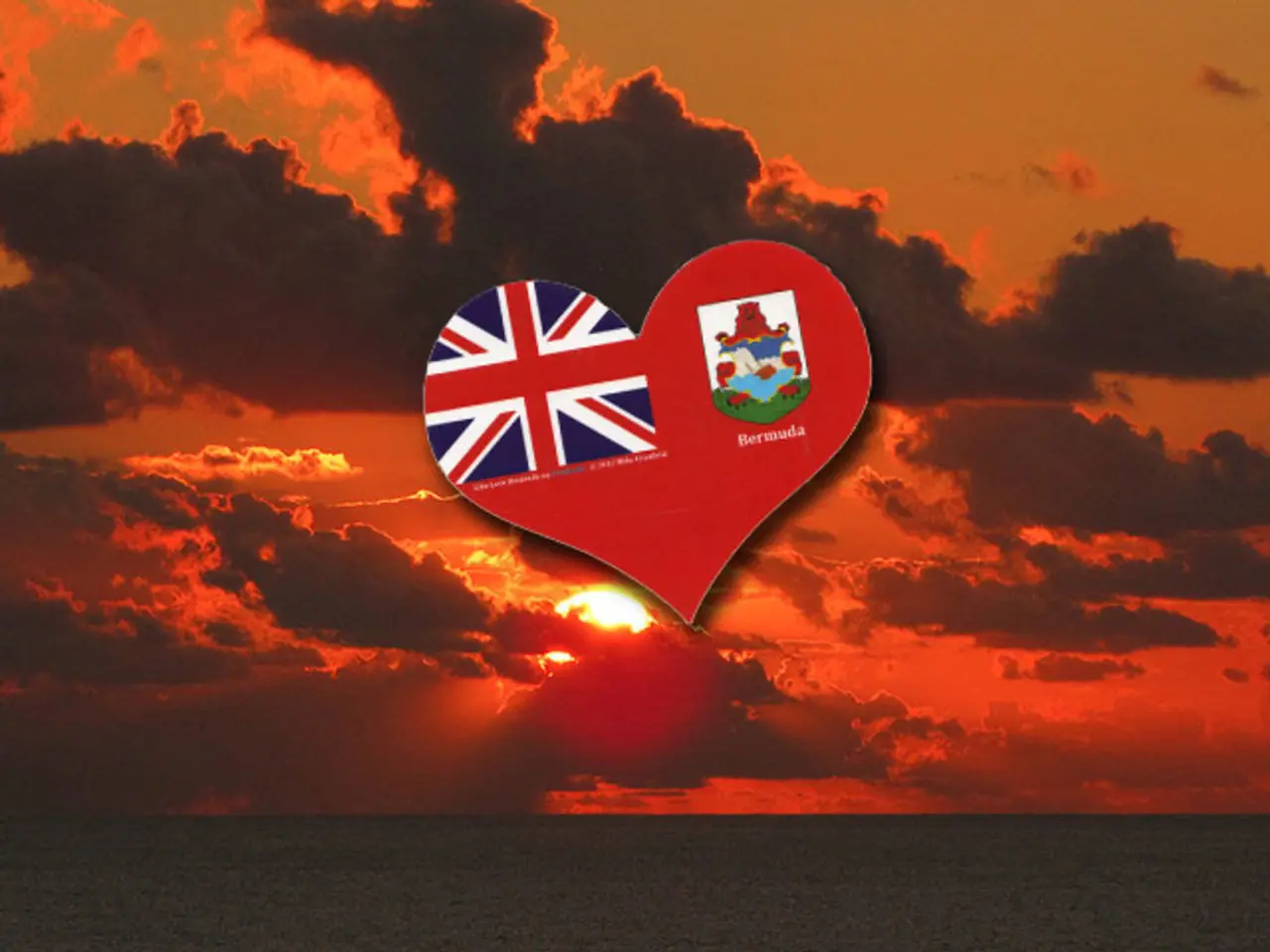A Groundbreaking Visit: Armenian Prime Minister's Trip to Istanbul
Erdogan Encounter: visits Istanbul by Armenian Premiere, marking a significant milestone - Istanbul Trip: Armenian Premier Meets with Erdogan, Marking Significant Development
Here's the lowdown on the recent historic meeting between the Armenian Prime Minister and Turkish President, along with the latest on the Armenia-Azerbaijan peace process:
The Current Status of the Armenia-Azerbaijan Peace Talks
After months of negotiations, both Armenia and Azerbaijan have reached a tentative agreement on March 13, 2025. This agreement aims to put an end to decades of conflict over Nagorno-Karabakh, by removing claims from international courts and withdrawing third-party forces from the border to maintain stability in the region [1][3].
However, signing the peace treaty is contingent upon Armenia revising its constitution to eliminate references perceived as territorial claims concerning Nagorno-Karabakh. The Armenian constitution currently mentions the union of the Armenian SSR and the Mountainous Region of Karabakh in its independence declaration [1][3].
Despite Prime Minister Nikol Pashinyan's assertion that Armenia's constitution does not contain territorial claims against Azerbaijan, based on the Armenian Constitutional Court's ruling, he has pledged to introduce constitutional amendments if deemed necessary to meet treaty requirements [3].
The peace treaty has drawn criticism for ignoring the needs of displaced individuals from the conflict and disregarding transitional justice mechanisms, increasing the likelihood of continuing discord over the long term [1]. Until a final agreement is signed, both parties continue to discuss practical steps for implementation, aiming for a definitive signing date by mid-2025 [3][5].
Relationships and Implications
- Turkey: To the astonishment of many, the historical enmity between Armenia and Turkey is beginning to thaw, with the Armenian PM's trip to Istanbul marking a significant step towards dialogue. The peace process and regional connectivity projects, such as Armenia’s "Crossroads of Peace," envision Turkey, Azerbaijan, Armenia, Iran, and Georgia forming a harmonious regional bloc, provided that peace prevails [3].
- Iran: Iran, a critical neighbor in the South Caucasus, has taken an interest in regional stability and economic cooperation. Its inclusion in the transport corridor discussions emphasizes its strategic role [3].
- Israel: Although not immediately apparent in recent events, Israel has longstanding connections with Azerbaijan, particularly in military and security sectors. Armenia's diplomatic efforts may be an attempt to maintain a balance of influence in the region as peace negotiations progress [3].
- Azerbaijan: Although the peace process strives to foster normalization and eliminate hostility, Azerbaijan sets firm conditions for constitutional changes in Armenia, showcasing ongoing mistrust. Azerbaijan's leadership continues to highlight historical grievances and territorial claims in rhetoric, which complicates reconciliation [1][5].
- Islamic Countries: Certain Islamic nations have pressured Armenia to give in to Azerbaijan's demands, supporting Baku's stance in international forums, placing further pressure on Armenia in the peace negotiations [4].
Summary
While a major peace agreement has been reached, its implementation depends on Armenia's constitutional changes and political will from both sides. The process is intricate because of lingering humanitarian issues, national discourses, and external regional interests. The Armenian PM's visit to Istanbul and the "Crossroads of Peace" project signify hopeful steps towards regional harmony involving Armenia, Turkey, Azerbaijan, Iran, and possibly Israel. However, deeply rooted tensions and conditions attached to the treaty indicate that enduring peace and normalized relations necessitate continual dialogue, mutual concessions, and addressing the rights of displaced populations.
The fragile process represents a historic opportunity for stability and collaboration in the South Caucasus region [1][3][5]. Keep your eyes peeled for further updates on this evolving situation!
^-Recep+Tayyip+Erdogan^-Turkey^-Armenia^-Istanbul^-Nikol+Pashinyan^-Azerbaijan^-Iran^-Presidency^-Israel
- The European Union, committed to the development of a common foreign and security policy, is closely monitoring the Armenia-Azerbaijan peace process and its potential implications for regional politics and general-news, especially in light of the Armenian Prime Minister's visit to Istanbul.
- The Armenian Prime Minister's trip to Istanbul, a significant step towards dialogue between Armenia and Turkey, is also a topic of interest in the political arena, as the potential formation of a harmonious regional bloc involving Turkey, Azerbaijan, Armenia, Iran, and possibly Israel could have far-reaching consequences for the common foreign and security policy of the European Union.








